Ghana
The Executive board of the International Monetary Fund Board on Wednesday approved a third disbursement of $114.6 million under Ghana’s three-year aid programme.
Wednesday’s approval followed a successful second staff level review in November, although concerns remained about the country’s financial management and rising inflation, the Fund said in a statement.
“The authorities should resolutely continue their fiscal consolidation efforts. With government debt continuing to increase and financing remaining a challenge, the 2016 budget rightly aims at a stronger consolidation than originally envisaged. In this regard, it is essential that the government sticks firmly to its policy of strict expenditure controls, by maintaining the wage bill within the budget limits, while controlling discretionary spending and protecting priority spending,” the fund said in a statement.
Wednesday’s approval brings total disbursements for Ghana to $343.7 million under the programme, which ends next year.
Ghana which is a major exporter of gold and oil, entered the $918 million financial assistance programme in April 2015, with the aim of restoring economic stability and boosting job growth.
The West African nation was once one of the continent’s strongest performers but a slump global commodity prices and a fiscal crisis which drove its debt-to-GDP ratio to more than 70 percent have put a brake on economic growth.
To compound the situation, the country is facing an electricity crisis that has crippled industries and made the government unpopular ahead of general elections later this year.



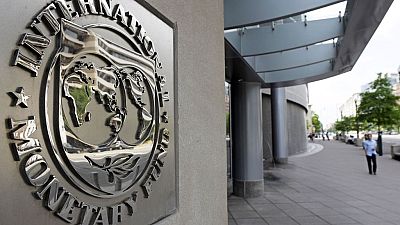


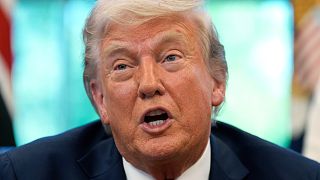
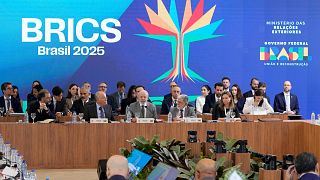
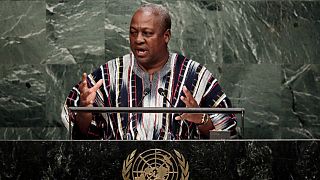
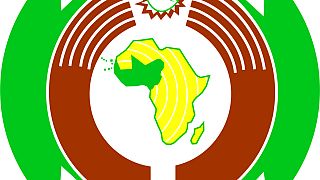

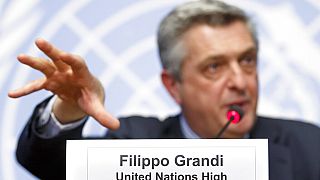
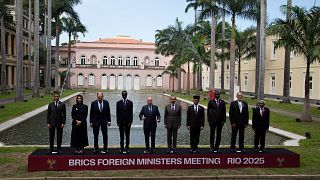

Go to video
Ghana moderators sue Meta over harm from reviewing extreme content
Go to video
Ghanaian Catholics gather for requiem mass in Accra in honour of Pope Francis
Go to video
Ghana: Tensions rise as chief justice Torkornoo suspended
01:36
Migration and refugee policies key to economic growth, Say UN and IMF experts
00:47
IMF Approves $1.2 Billion Disbursement for Egypt Amid Economic Reforms
Go to video
WTO and IMF warn of global trade disruptions a new U.S. tariffs